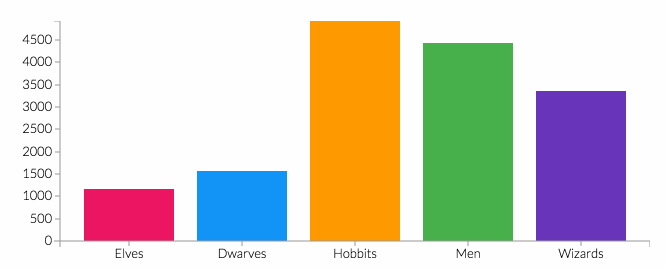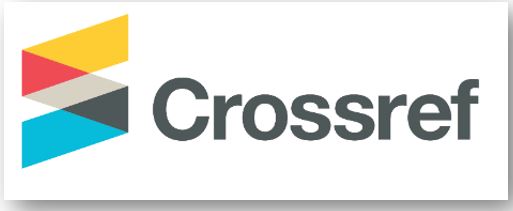Teachers and Islamic Education in Sharia Studies
DOI:
https://doi.org/10.61231/jie.v1i2.190Keywords:
Teachers, Teaching, Education, ShariaAbstract
This research aims to examine a teacher from the perspective of studying the interpretation of the Al-Qur'an. The method in this research is descriptive, namely by providing a description of the research object. The research results can be explained that the first educator is Allah SWT, the second educator is the Prophet Muhammad SAW, and the third educator is parents. The task of educators has a purifying function, meaning as self-preserver, developer and maintainer of human nature. The function of teaching, meaning as a transmitter of knowledge and various beliefs to the public so that they apply all their knowledge in life
References
Al-Abrasy, M. A. (1984). Dasar-dasar Pokok Pendidikan Islam, terj. Bustami. Bulan Bintang.
Basuki dan M. Miftahul Ulum. (2007). Pengantar Ilmu Pendidikan Islam. STAIN Ponorogo Press.
Departemen Agama RI. (2002). Mushaf Al-Qur’an Terjemah. Al Huda.
Departemen Agama RI. (2005). al-Qur’an Mushaf dan al-Qur’an Terjemah. Al Huda.
Echols, Jhon M, H. S. (2006). Kamus Inggris Indonesia. Gramedia.
Marimba, A. D. (1989). Pengantar Filsafat Pendidikan Islam. Al Ma‘arif.
Nasution, S. (1988). Berbagai Pendekatan dalam Proses Belajar Mengajar. Bina Aksara.
Nata, A. (1997). Filsafat Pendidikan Islam. Logos Wacana Ilmu.
Nawawi, H. (1989). Organisasi Sekolah dan Pengelolaan Kelas. Haji Masagung.
Poerbakawatja Soegarda, H. (1982). Ensiklopedi Pendidikan. Gunung Agung.
Poerwadarminta, W. (1976). Umum Bahasa Indonesia. Balai Pustaka.
Rudianto, R. ., & Mahfud, M. . (2023). Konsep Integrasi Nilai-Nilai Pendidikan Agama Islam Dalam Proses Belajar Mengajar. Journal of Islamic Education, 1(1), 13–22. https://doi.org/10.61231/jie.v1i1.66
Salim, M. H. dan E. M. (2006). Filsafat Pendidikan Islam. STAIN Pontianak Press.
Shihab, M. Q. (1999). Wawasan Al-Qur‘an: Tafsir Maudhu‘i atas Berbagai Persoalan Umat. Mizan.
Sina, I. (1954). Al-Siyasah fi al-Tarbiyah. Dar al-Ma‘arif.
Soedjiwo, N. A. F. . (2023). Analisis Penguatan Karakter Siswa Muslim di Sekolah Dasar Minoritas Melalui Pendidikan Agama Islam. Journal of Islamic Education, 1(1), 1–12. https://doi.org/10.61231/jie.v1i1.45
Suryosubrata. (1983). Beberapa Aspek Dasar Kependidikan. Bina Aksara.
Syamsudin, A. al-A. (1984). Al-Madzhab al-Tarbawy inda Ibn Jama‘ah. Dar al- Iqra’.
Tafsir, A. (1994). Ilmu Pendidikan dalam Persfektif Islam. Remaja Rosdakarya.
Ulum, M. ., & Mun’im, A. (2023). Curriculum Development, Guidance, and Innovation in Schools. Journal of Islamic Education, 1(1), 50–60. https://doi.org/10.61231/jie.v1i1.85
Utsman, M. U. (2001). Menjadi Guru Professional. Remaja Rosdakarya.
Downloads
Published
Issue
Section
License
Copyright (c) 2023 Miftachul Ulum, Abdul Mun'im

This work is licensed under a Creative Commons Attribution 4.0 International License.
You are free to:
- Share — copy and redistribute the material in any medium or format for any purpose, even commercially.
- Adapt — remix, transform, and build upon the material for any purpose, even commercially.
- The licensor cannot revoke these freedoms as long as you follow the license terms.
Under the following terms:
- Attribution — You must give appropriate credit , provide a link to the license, and indicate if changes were made . You may do so in any reasonable manner, but not in any way that suggests the licensor endorses you or your use.
- No additional restrictions — You may not apply legal terms or technological measures that legally restrict others from doing anything the license permits.
Notices:
You do not have to comply with the license for elements of the material in the public domain or where your use is permitted by an applicable exception or limitation .
No warranties are given. The license may not give you all of the permissions necessary for your intended use. For example, other rights such as publicity, privacy, or moral rights may limit how you use the material.














